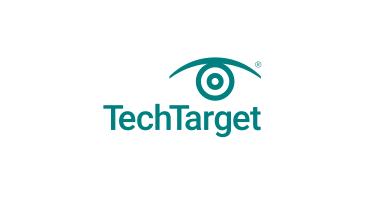What is a bug bounty program?
A bug bounty program, also known as a vulnerability rewards program (VRP), is a system that incentivizes ethical hackers and security researchers to find and report vulnerabilities and bugs in software.
What is a bug bounty?
A bug bounty is a reward given to individuals who discover software bugs, particularly security vulnerabilities that could be exploited by hackers. The person who finds the bug submits a report to the company running the program, detailing the bug and its impact. If the bug is valid, the person receives payment from the company. The amount of payment is typically based on factors such as the company’s size, the difficulty of the discovery, and the potential impact of the bug on users.
How does a bug bounty program work?
Bug bounty programs are run by software vendors and websites, and they provide cash rewards to security researchers and ethical hackers for identifying and reporting software vulnerabilities. These programs allow organizations to leverage the skills of the ethical hacker community to improve their software security and reduce cybersecurity risks. Hackers are invited to participate in the program and are given a scope and outline of what to test. They then fill out a disclosure report with details about the bug and the steps taken to discover it. After validating the bug, the hacker receives the bounty from the company. Notably, hackers are not paid for vulnerabilities already known to the organization, and only the first discoverer of a bug is paid if multiple people find it.
Types of bug bounty programs
Bug bounty programs can be either public or private. Public programs are open to the entire ethical hacker community and are listed on platforms like HackerOne, GitHub, or BugBountyHunter. Private programs are invitation-only and are not available to the public. Some private programs do not offer monetary compensation. There are also vulnerability disclosure programs, where individuals can report bugs but do not receive monetary rewards.
Bug bounty programs for vulnerability management
Bug bounty programs are often part of an organization’s vulnerability management strategy, complementing internal code audits and penetration tests. They help to test application security throughout the software development lifecycle, discover bugs that may affect the final product’s quality and stability, and implement necessary fixes.
Examples of past bug bounty programs
Many companies, including Mozilla, Meta, Google, Microsoft, and Apple, have bug bounty programs with varying payouts based on the severity and impact of the discovered vulnerabilities. These programs have resulted in significant rewards for ethical hackers.
The limitations of bug bounty programs
Bug bounty programs can have challenges, such as increased competition among ethical hackers, a large number of submissions with poor-quality reports or invalid bugs, and the risk of public disclosure that may harm a company’s reputation. To mitigate these risks, some organizations opt for closed or invitation-only bug bounty programs.
Opportunities for bug bounty hunters
Discovering and reporting software vulnerabilities can not only be an educational experience but also a lucrative one. Those interested in becoming bug bounty hunters can learn about the process and how to get started.









